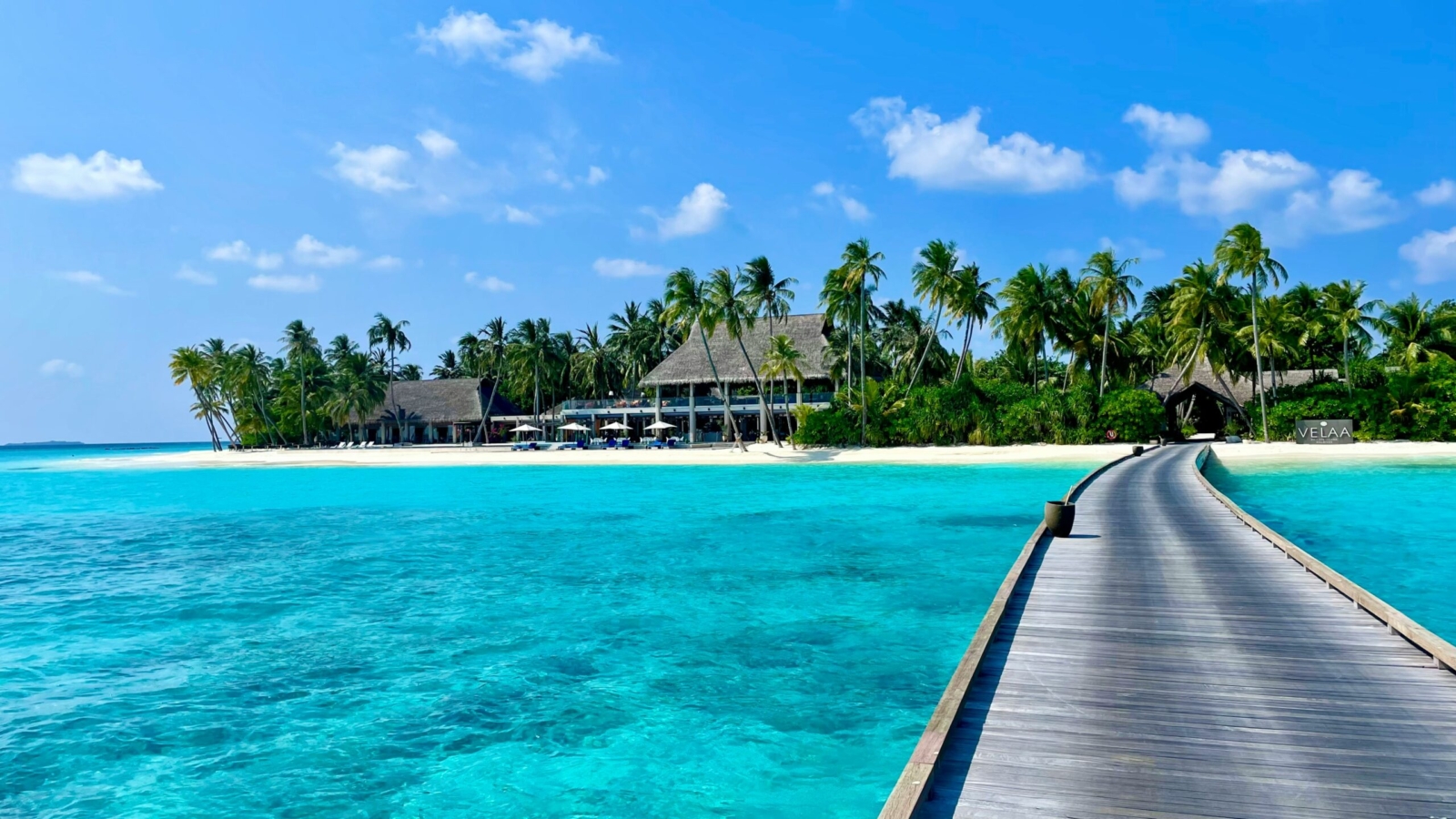Zanzibar, Tanzania
Journalist: Kazeem Balogun
In a significant move to bolster its tourism sector and ensure sustainable growth, the enchanting archipelago of Zanzibar has recently unveiled a comprehensive sustainability plan.
This was made known by Hon. Mudrick Ramadhan Soraga, Minister of Tourism and Heritage at the launch of the Azure Project, an initiative in partnership with Nikitas Simion that would usher in the construction of $10 million luxurious villas in Michamvi, highlighting the government’s commitment to preserving the natural beauty and cultural heritage of this tropical paradise while simultaneously attracting more visitors from around the world at the same time adopting responsible tourism practices.
Soraga informed that adequate attention would be focused on other attractions on the Island, aside Stone Town which has been the main focus.

Hon. Mudrick Ramadhan Soraga, Minister of Tourism and Heritage, Zanzibar
“When people talk about Zanzibar, many mention Stone Town, but is just one of the attractions we have. All these attractions that not many people are aware of, as a ministry, we are committed to promoting these areas so that people can become aware of them“, he said.
He further declared that part of the new initiative is tagged “Zanzibar Tourism Declaration” which would be achieved in collaboration with Global Sustainable Tourism Council aims at maintaining the greener advocacy across board on the lslands.
Zanzibar, located off the coast of Tanzania in the Indian Ocean is renowned for its stunning white sandy beaches, crystal-clear waters, and rich cultural history. The island has long been a popular destination for tourists seeking a unique blend of relaxation, adventure, and cultural immersion.
However, with the global tourism industry evolving rapidly and travelers becoming increasingly conscious of sustainability and environmental impact, Zanzibar recognizes the need to adapt and innovate to stay competitive in the market.
The sustainability plan unveiled by the government of Zanzibar encompasses a wide range of initiatives aimed at promoting responsible tourism practices, conserving natural resources, and supporting local communities. Key components of the plan include:
1. Environmental Conservation: Efforts to preserve the fragile ecosystems of Zanzibar, including its coral reefs, mangroves, and tropical forests. The government plans to implement strict regulations to protect these natural habitats from overdevelopment and pollution.
2. Community Engagement: Emphasizing the importance of involving local communities in the tourism industry and ensuring that they benefit from the economic opportunities it brings. Initiatives such as community-based tourism projects and skills training programs will be implemented to empower residents and foster sustainable development.
3. Cultural Preservation: Promoting and preserving Zanzibar’s rich cultural heritage, including its historic Stone Town, traditional Swahili architecture, and vibrant arts and crafts scene. The government aims to showcase the island’s unique cultural identity while respecting and celebrating its diversity.
4. Green Initiatives: Introducing eco-friendly practices and infrastructure to reduce the environmental footprint of tourism activities on the island. This includes promoting sustainable transportation options, waste management systems, and energy-efficient technologies in hotels and resorts.
Focusing on these key areas, Zanzibar aims to position itself as a leading sustainable tourism destination in the region, appealing to environmentally conscious travelers who seek authentic experiences and meaningful interactions with local communities. The government’s commitment to promoting sustainable practices not only benefits the environment and local residents but also ensures the long-term viability of the tourism industry in Zanzibar.
As the world continues to grapple with the challenges of climate change and environmental degradation, initiatives like Zanzibar’s sustainability plan will serve as a shining example of how tourism can be a force for positive change, by striking a balance between economic growth, environmental protection, and social responsibility.
Without skeptism, Zanzibar is paving the way for a more sustainable and resilient future for its tourism industry and setting a new standard for responsible travel worldwide if all these novel initiatives are implemented.



